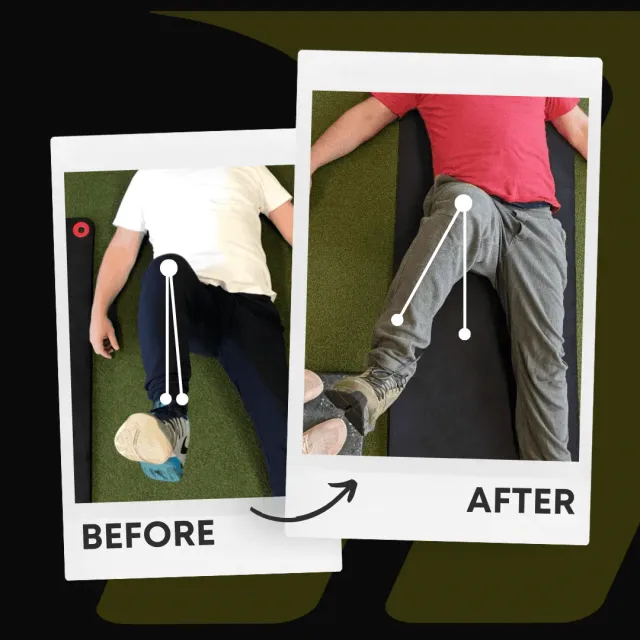The Value Of Physical Activity On Your Mental Health
October 10, 2023 | Healthy Living

According to the National Alliance on Mental Illness (NAMI), one in five adults in the United States experiences mental illness yearly. That’s 52.9 million people. If we parlayed that to Kent County, that would likely be over 131,609, possibly including you, your family, friends, neighbors, and colleagues.
A variety of factors can impact mental well-being. The most common mental illnesses in the United States are depression and anxiety. Depression is a mood disorder that causes a persistent feeling of sadness and loss of interest. Anxiety is a mental health disorder characterized by feelings of tension, worried thoughts, and physical changes like increased heart rate and sweating.
Mental illness can have a significant impact on a person’s life. It can affect relationships, work, and overall health. Today is World Mental Health Day, which is recognized every October 10 to raise awareness of mental health issues worldwide and to mobilize efforts to support mental health. Thus, I couldn’t think of a better time to talk about mental health.
Scientific research on the importance of physical activity for mental health
I am bringing this sobering information to you today because it is my goal to support you and your whole health as best I can. A growing body of scientific research supports the link between physical activity and mental health. For example, a 2019 study found that regular physical activity was associated with a reduced risk of depression and anxiety. The study also found that physical activity was more effective at improving mental health than other treatments, such as medication and therapy. (1)
Another study published in the journal JAMA Psychiatry in 2018 found that physical activity was effective at reducing symptoms of depression in people with major depressive disorder. The study also found that physical activity was more effective at preventing depression than other treatments, such as medication and therapy. (2)
How physical activity improves mental health
Physical activity improves mental health in a variety of ways. It releases endorphins, which have mood-boosting effects. Exercise also helps to reduce stress and improve sleep quality. And lastly, physical activity is also shown to help improve self-efficacy and image.
How much physical activity do you need for better mental health?
The Centers for Disease Control and Prevention (CDC) recommends that adults get at least 150 minutes of moderate-intensity aerobic activity or 75 minutes of vigorous-intensity aerobic activity each week. Children and adolescents should get at least 60 minutes of physical activity daily. Moderate-intensity aerobic activity includes activities such as strength training, circuit training, brisk walking, swimming, and biking. Vigorous-intensity aerobic activity includes activities such as running, jogging, and playing sports.
If you are new to physical activity, it is key to start slowly and gradually increase the time you spend being active each week. And, YES! You can also break up your physical activity into shorter sessions throughout the day. If you are more experienced with strength training or other activities, how might you bring your commitment to the next level?
Tips for getting more physical activity
- First and foremost, find activities that you enjoy, and that fit into your schedule.
- Set realistic goals and gradually increase your time being active each week.
- Find a professional or workout buddy to help you stay accountable and motivated.
- Make physical activity a part of your daily routine. Make activity a part of your LIFE.
Physical activity is paramount for both physical and mental health. It has been shown to improve quality of life and mood, reduce stress, and boost self-esteem. Physical activity can also help to improve cognitive function and sleep hygiene.
If you want to improve your mental well-being, consider adding more physical activity to your daily routine. Even a small amount of physical activity can make a big difference.
You Are Not Alone
Struggling with your mental health can be challenging; please know you are not alone. Many people care about you and want to help. Please reach out to a trusted friend or family member or seek professional help. Here are some resources that can help:
- National Alliance on Mental Illness (NAMI): 1-800-950-NAMI (6264)
- MentalHealth.gov: 1-800-662-HELP (4357)
- Crisis Text Line: Text HOME to 741741
- National Suicide Prevention Lifeline: 1-800-273-8255
References
- Physical activity, exercise, and chronic diseases: A brief review
- The Role of Exercise in Preventing and Treating Depression
Written by

Motive Training Staff
We’ll teach you how to move with purpose so you can lead a healthy, strong, and pain-free life. Our headquarters are in Austin, TX, but you can work with us online by signing up for KINSTRETCH Online or digging deep into one of our Motive Mobility Blueprints.




